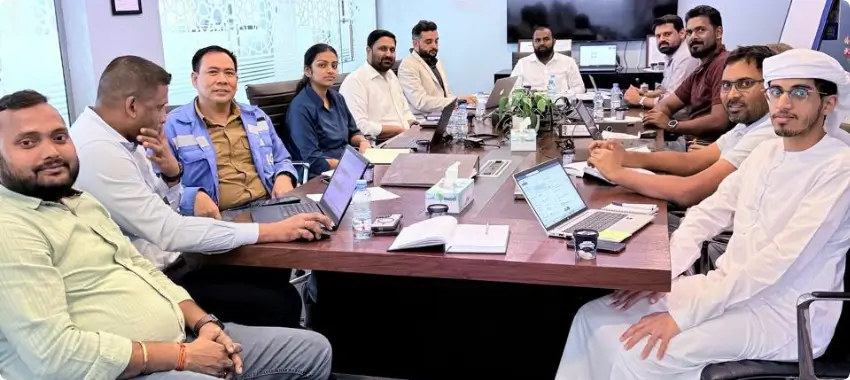
ISO 50001 is the new international energy management system (EnMS) standard. It is the first global EnMS following from a range of national and regional standards such as EN 16001. The ISO 50001 EnMS is based on the management system model that is already understood and implemented by organizations worldwide. Deming’s “Plan-Do-Check-Act” underpins the standard, as is the case with ISO 9001, ISO 14001, and other established management system standards.
Energy has become a key metric for companies. Saving energy means saving operational costs. Energy consumption also implies reducing greenhouse gas emissions and demonstrating greater care for natural resources. These are tangible actions for companies looking to enforce and contribute to sustainable development.
Energy intense industries and other sectors can achieve significant improvement in their energy use, optimizing their consumption, and using more renewable energy.
ISO estimates that the standard could influence up to 60% of the world’s energy use.
Who Can Use ISO 50001?
ISO 50001 has been designed for implementation by any organization irrespective of size, sector, or geographical location.
What are the benefits?
- Assist organizations in making better use of energy-consuming assets.
- Facilitate transparency/communication on the management of energy resources.
- Promote energy management best practices.
- Assist facilities in evaluating and prioritizing the implementation of new energy-efficient technologies.
- Provide a framework for energy efficiency throughout the supply chain.
- Facilitate energy management improvements for GHG emissions reduction projects.
- Integration with existing organizational management systems.
ISO 50001 benefits with Qdot:
Qdot delivers tangible business benefits through a combination of a structured project management approach and clear communication underpinned with the technical expertise of our global team.
- Costs cut through increased efficiency thereby delivering competitive advantage.
- Energy security risks reduced through improved energy performance.
- Increased stakeholder confidence and employee engagement due to organizational commitment to integrated climate change emissions reduction strategy.
- Productivity compliance improved.
- Policies formalized.
- Ease of integration with existing ISO 9001 and ISO 14001 system standards through LRQA’s PRISM system.
Seamless migration from EN 16001 to ISO 50001
We know that good communication is pivotal in delivering transparency through every step of the ISO 50001 certification process. We work with our clients and governing organizations and set clear expectations on deliverables. Our staged approach ensures your certification is cost-effective with minimal disruption to your organization.
FAQ's
ISO 50001:2018 builds upon and replaces EN 16001, offering a more comprehensive and globally recognized framework for energy management. Unlike EN 16001, ISO 50001 aligns closely with other ISO management system standards, such as ISO 9001 and ISO 14001, making integration and implementation more accessible for organizations.
Critical requirements for achieving ISO 50001:2018 certification include establishing an energy policy, setting energy objectives and targets, implementing an energy management system (EnMS), conducting energy reviews and audits, and continually monitoring and improving energy performance.
Yes, ISO 50001:2018 certification can help small businesses reduce energy costs by providing a systematic approach to managing energy consumption. Small companies can optimise their energy use and minimise wastage by identifying areas for energy efficiency improvements, setting targets for energy reduction, and implementing energy-saving measures.
The time it takes for an organization to obtain ISO 50001:2018 certification can vary depending on factors such as the size and complexity of the organization, its existing management systems, and the level of preparedness for accreditation. On average, the certification process may take several months to a year or more. It involves stages such as gap analysis, implementation of the EnMS, internal audits, management review, and certification audit by a third-party certification body.
Common challenges during the ISO 50001:2018 certification process include lack of senior management commitment, insufficient resources, data collection and analysis complexity, and resistance to change among employees. These challenges can be overcome by ensuring strong leadership support, allocating adequate resources, providing training and awareness programs, and involving employees in the implementation process.
Yes, ISO 50001 can be integrated with other ISO standards such as ISO 9001 (Quality Management) and ISO 14001 (Environmental Management). This integration streamlines processes and ensures a holistic approach to management systems.
ISO 50001 requires organizations to conduct internal audits at least once a year to assess the effectiveness of the Energy Management System. External audits are typically done during the certification process and periodic surveillance audits are performed for maintaining certification.
